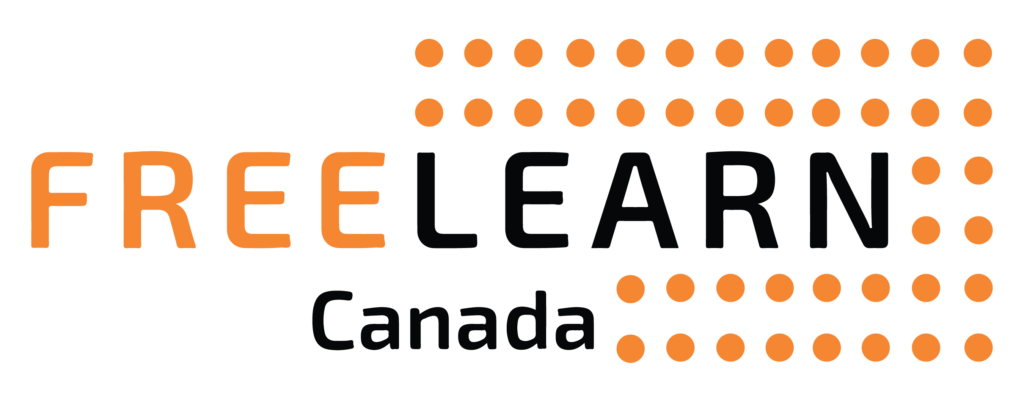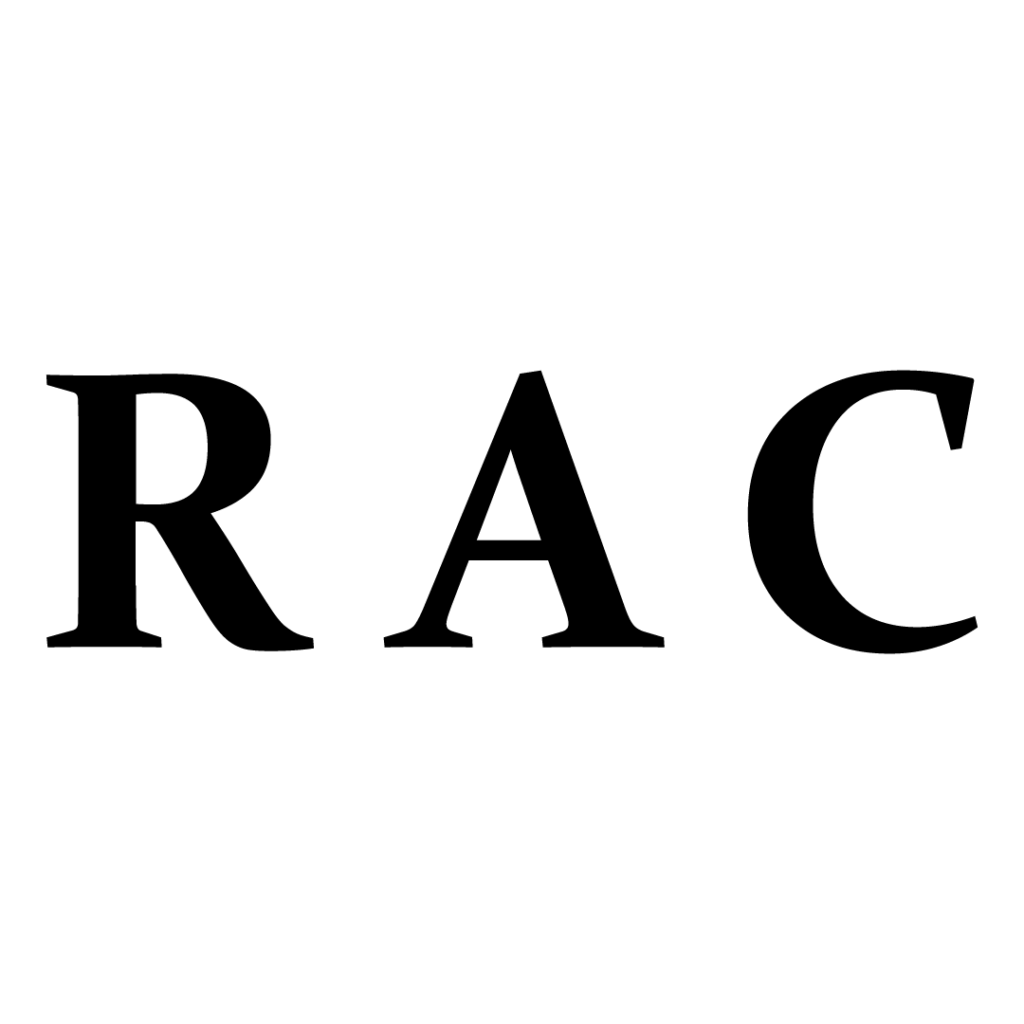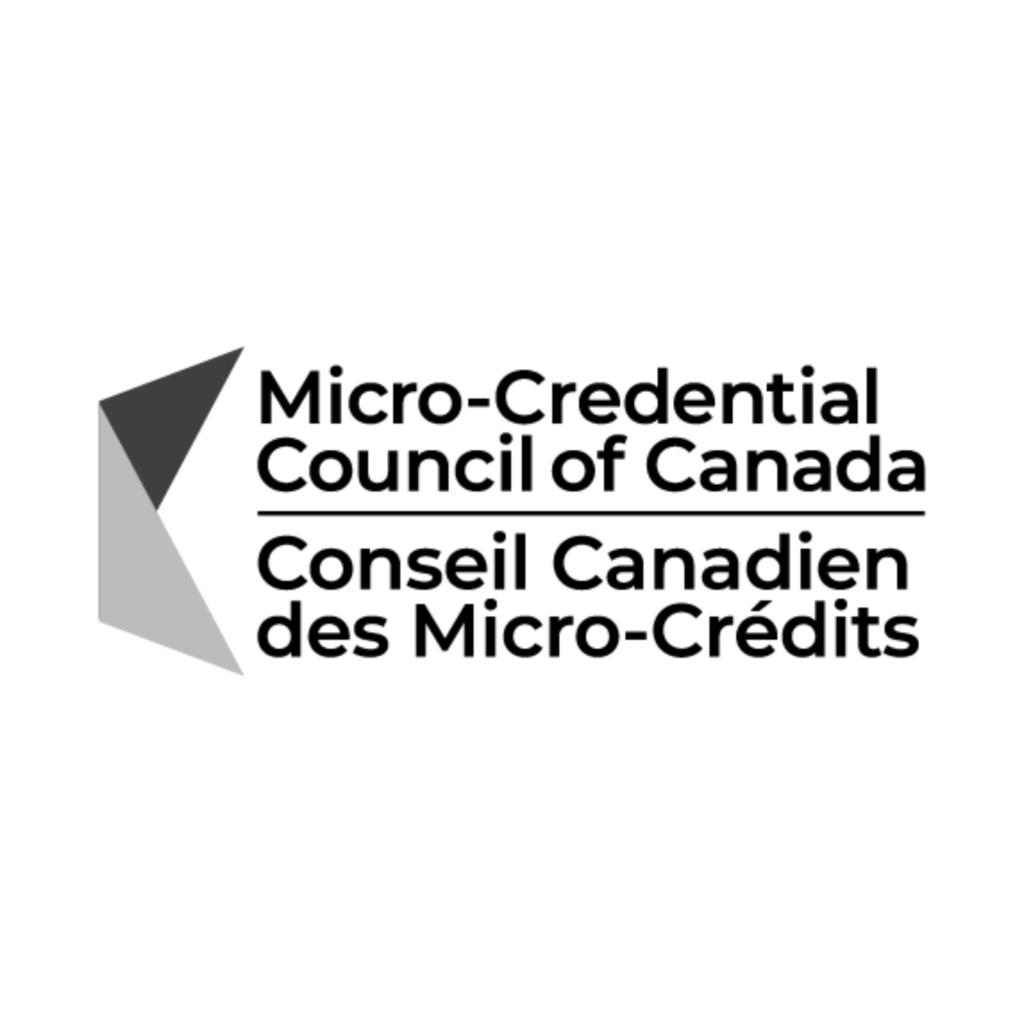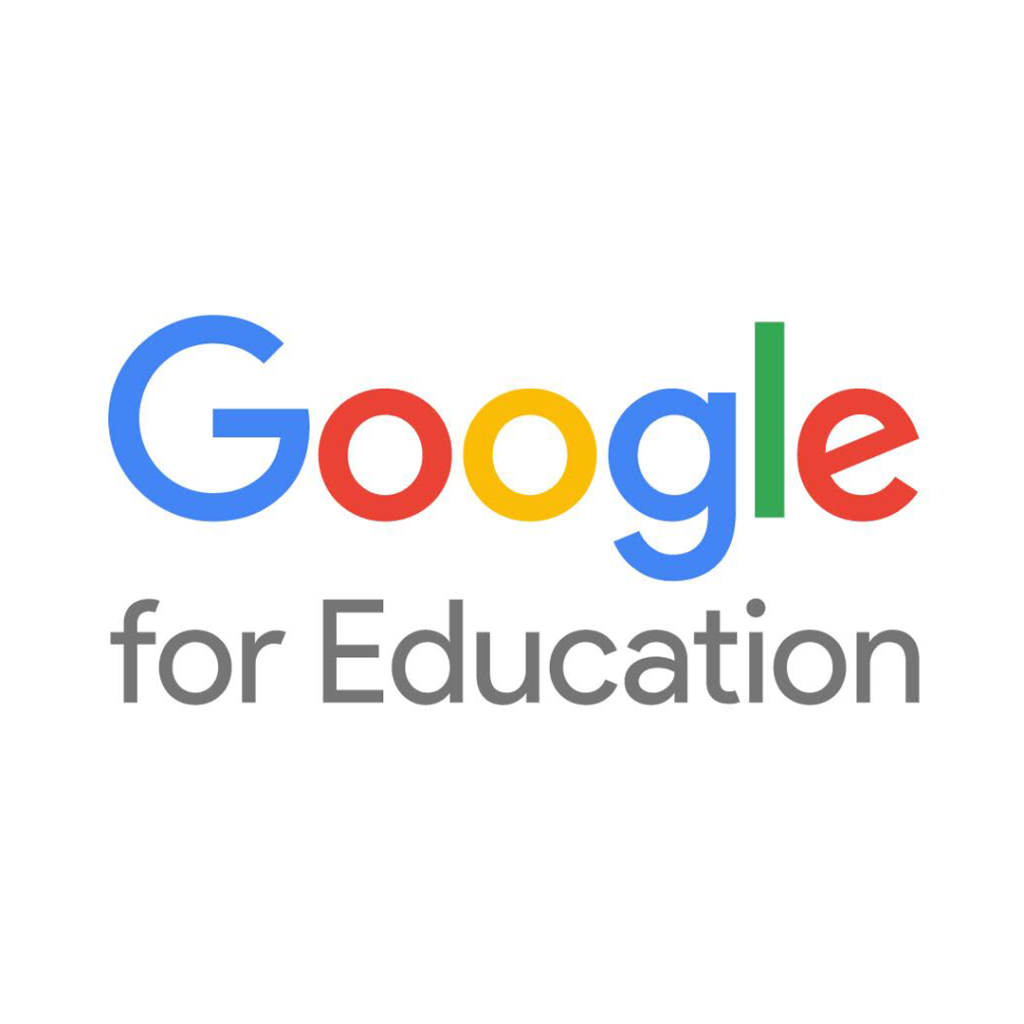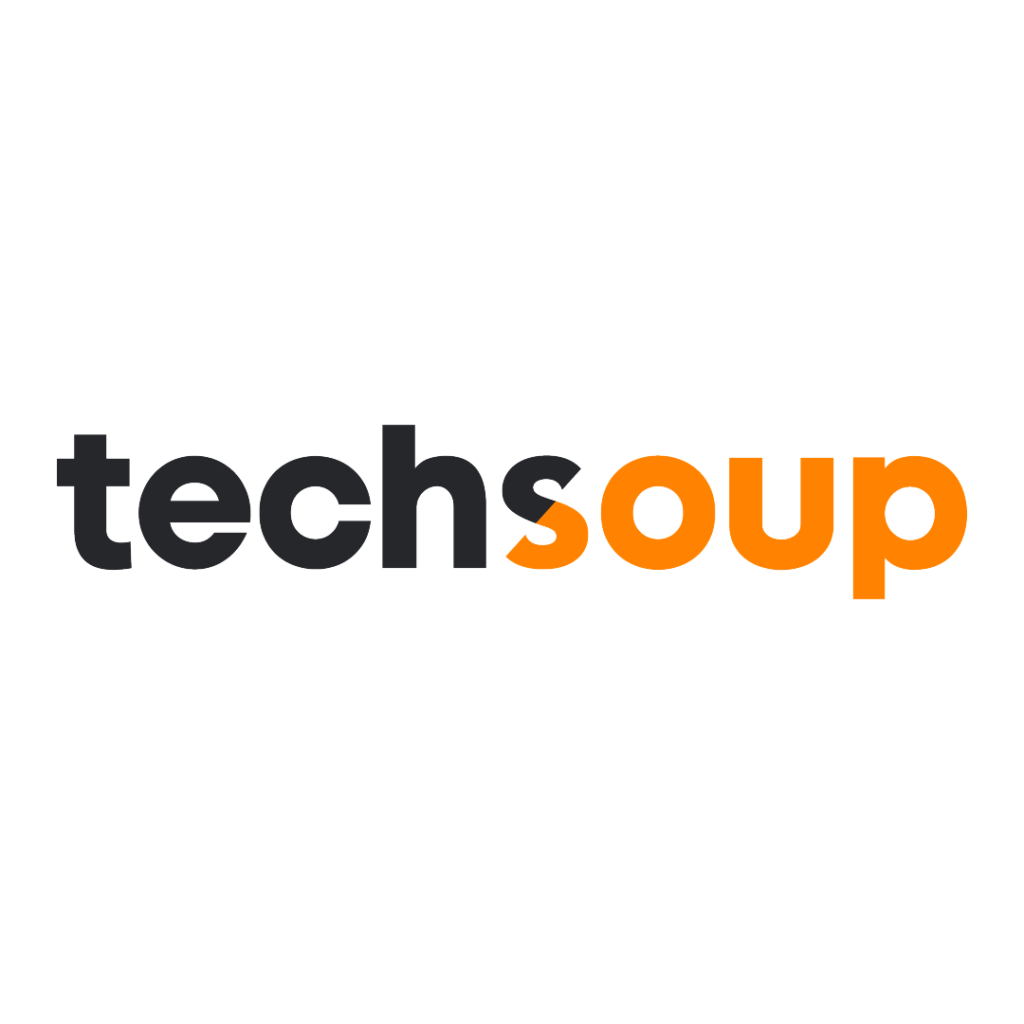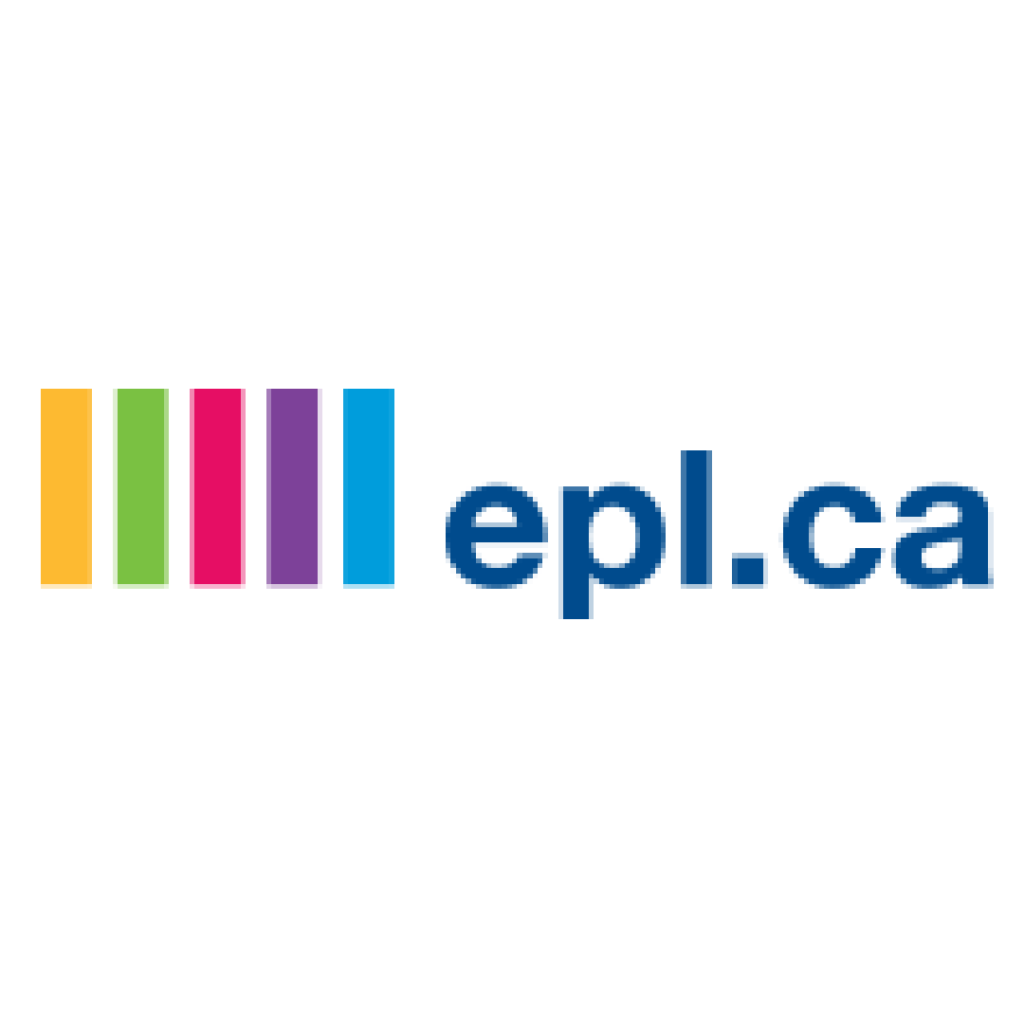The process of enabling equal access to high-quality, affordable education has been created through the partnership between the Royal Alberta College (RAC) and #FreeLearn Canada’s core group of highly skilled professionals who volunteer their expertise to create programs in conjunction with industry leaders.
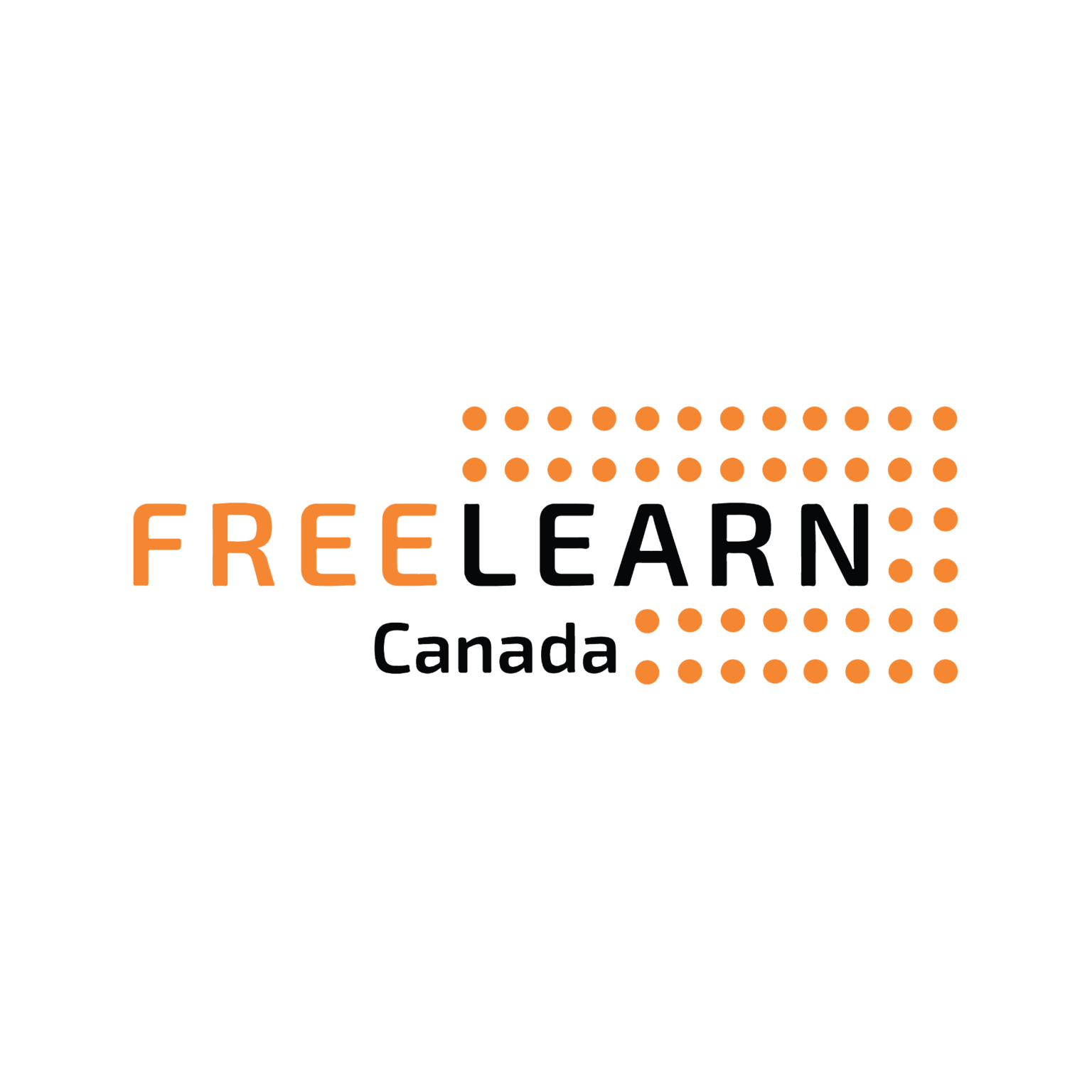
Our Mandate
Equal Access Education
#FREELEARN Canada and industry stakeholders collaborate to create solutions through education, mentorship, job training and guidance in a non-confrontational, culturally sensitive, inclusive and supportive environment. Our industry partners value the importance of creating equal access to education without barriers to enable better representation within their industry of qualified and trained individuals, that will include those that represent marginalized groups; including individuals from lower socioeconomic brackets, Canadians that identify as Black, Indigenous or as a Person of Colour [BIPOC], Newcomers, Refugees, Women, racialized and any other underserved community that requires support.


Industry Ready
– Dr. Crowfoot, Co-Chair, Board of Governors
Our Committed Community Supporters
Free Learn Canada promotes the advancement of education to assist marginalized Canadians, including individuals from lower socioeconomic brackets, individuals detached from the workforce, Canadians that identify as Black, Indigenous or as a Person of Colour [BIPOC], LGBTQI2+, Newcomers, Refugees, Women, racialized and other underrepresented communities that face hardship and lack employment opportunities.
Promotion occurs through the creation of programs made through collaboration with stakeholders that shall include, yet not be limited to:
• other not-for-profit entities,
• private for-profit industries,
• professional and non-professional associations,
• Tribal and Indigenous Councils,
• Societies, and
• Trade Unions.
Free Learn Canada promotes the advancement of education to assist marginalized Canadians, including individuals from lower socioeconomic brackets, individuals detached from the workforce, Canadians that identify as Black, Indigenous or as a Person of Colour [BIPOC], LGBTQI2+, Newcomers, Refugees, Women, racialized and other underrepresented communities that face hardship and lack employment opportunities.
Promotion occurs through the creation of programs made through collaboration with stakeholders that shall include, yet not be limited to:
• other not-for-profit entities,
• private for-profit industries,
• professional and non-professional associations,
• Tribal and Indigenous Councils,
• Societies, and
• Trade Unions.
Whereby representatives of these above-aforementioned stakeholders will present their perspectives on the needs for their sector, such as employment gaps, lack of representation or underrepresentation of minority groups within their industry.
Whereas if a need is presented, then representatives within that specific sector who are knowledgeable and informed will work with FreeLearn Canada to create materials within a structured learning format to meet the needs of their industry and make the program available to the general public through FREE LEARN Canada, and whereby FREE LEARN Canada will promote the learning opportunity to all Canadians and enable an opportunity for learning to those that are determined to be marginalized.
In addition, FREE LEARN Canada will also research and/or monitor various Canadian sectors, as a whole, to evaluate gaps within equity, diversity and inclusion.
If the analysis presents a need, such as an underrepresentation of women, youth, BIPOC, LGBTQI2+. Then Free Learn Canada will approach stakeholders and work with subject matter experts to create learning opportunities and promote the programs that have been created to the intended audiences.
For example, an association representing Science, Technology, Engineering and Mathematics (STEM) believes that the overall representation of individuals that self-identify as women within their association is underrepresented; this association would work with FREE LEARN CANADA to identify learning pathways and, if needed, collaborate to create learning opportunities to increase participation of women in STEM by providing open education that applies to their sector.
In the second example, individual "A" has a limited skillset and earns a minimum wage within a company. This individual wishes to increase their hourly wage within the company by becoming a payroll and bookkeeping assistant. To take on this role, individual "A" would be required to obtain the needed knowledge and skills within payroll and bookkeeping.
Individual "A" has the option to detach themselves from the workforce and take in-classroom classes, which may create hardship. The alternative option, individual "A," would enroll in a book-keeping and payroll course created by subject matter experts and offered by FREE LEARN CANADA for a minimal cost that covers the administration costs for the program. The individual learns the needed skills through the self-study method and completes the course.
Individual "A" now applies for another position within the company and applies their knowledge, and receives an increased rate of pay.
The advancement of education to create opportunities will reduce and prevent poverty by making high-quality education accessible and at a minimal cost.
Free Learn Canada is proud to be an official partner with The Royal Alberta College (RAC). Throughout 2020, The Royal Alberta College conducted research: “The RAC-ICTR (Intercultural Competency Training Research.” The process included in-depth consultations with more than 110 small, medium and large industry stakeholders across Canada and outside academics.
The research determined the following:
"Short-courses and micro-credentials that are created in collaboration between industry and academic institutions (that have a focus on career training) are one of the best methods to prepare learners to be:
1.) Job-ready or,
2.) Enable a learner to achieve further success in their already established career,
3.) Enable a learner to be adaptable to the employer's needs
4.) Enable individuals to pivot into different roles as the economy requires
5.) Help individuals acquire the skills to become self-employed or as an entrepreneur”
With the gained insight from the research conducted and more than 160 years of collective experience in providing educational and career guidance, Free Learn Canada Formed relationships with key industry stakeholders, NGOs, and governmental organizations and ad-hoc committees of highly skilled professionals representing all stakeholders on a volunteer basis.
These committees provided their expertise, identified gaps within various sectors, and collaborated to create a solution to fill the needs of their sectors through the delivery of education, mentorship, job training and guidance in a non-confrontational, culturally sensitive, inclusive and supportive environment creating a foundation of trust for all invested stakeholders while providing training to learners.
Free Learn Canada, in partnership with industry stakeholders, qualified experts, and subject matter experts (SMEs), and through our self-funded, self-sustaining Educational Ecosystem and Knowledge Hub. Programs offered are ideal for individuals that are often pressed for time, juggling multiple responsibilities, and are sensitive to "wasted time". Training provided shall provide an immediate benefit to the learner and be relevant to the task it is intended for.
Our Team
The Board’s priority is “Enabling equal access to affordable, high-quality, accessible education to Canadians that face barriers.”
#FreeLearn Canada obtains a group of highly skilled volunteers with decades of experience. Selected volunteers are designated as Directors and Governors. They will provide their recommendations to the Executive Director and other staff on an as-needed basis to deliver educational resources to our intended audiences.
Free Learn Canada Nondiscrimination Policy
Free Learn Canada values and respects individual and cultural differences and is committed to providing an inclusive environment that is welcoming and free from discrimination.
Free Learn Canada partners with organizations that promote equity and equality and obtain a mission and/or policies that eliminate discrimination in hiring, compensation, promotion, termination, retirement, training, programs, activities, and/or services based on race, colour, sex, national origin, religion, age, disability, gender identity or expression, marital status, pregnancy, sexual orientation, political affiliation, union membership, or veteran status.
